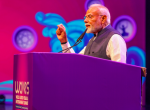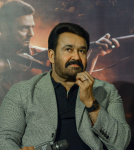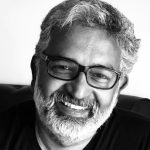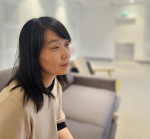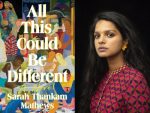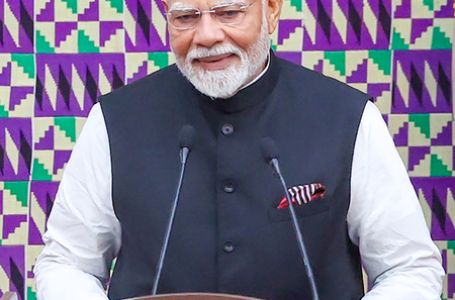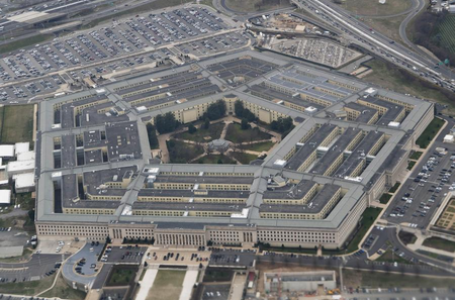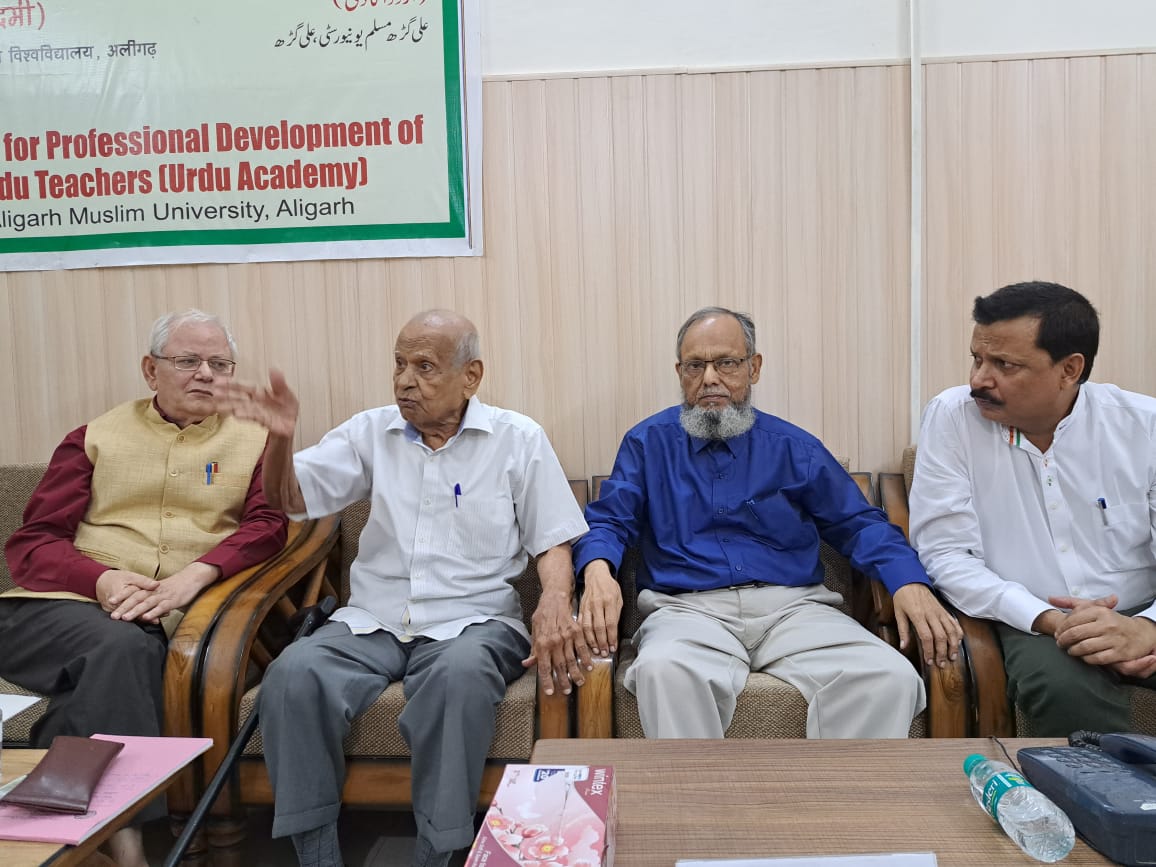
Aligarh: Very few people know that legendary Urdu poet Mirza Ghalib was one of the key motivators for another towering figure of his time Sir Syed Ahmad Khan to get a first hand knowledge of what was happening in the modern world by undertaking a visit to London and introduce it to the people of his country, especially Muslims who were socially and educationally left behind.
Ghalib gave this advice in the preface to Sir Syed’s great work on Abul Fazl’s Ai’n-e Akbari. Sir Syed had requested the poet, for whom he had very high regard, to write a ‘taqriz’ or foreword to his book. But instead of any laudatory note, Ghalib advised him not to waste his time and talent on what was dead but look at the present, and study what were modern states like England had achieved.
This anecdote from the great reformer’s life was highlighted by noted scholar Dr Rahat Abrar while speaking on the significance of the work done by Sir Syed at a seminar organised by the Urdu Academy here. The chief guest was Dr Shaan Mohammad, a renowned authority on the life and work 0f the great reformer.
Dr Abrar said that both Ghalib and Sir Syed were ahead of their times, and rationality and modern thinking was the hallmark of both the personalities.
He said that it was open-mindedness of Sir Syed that makes him stand apart from the other prominent figures of his time. He spoke on Sir Syed’s relations with another great reformer of his time Swami Dayanand Saraswati, who had earned the wrath of Sanatan dharmis because of the reforms he was seeking to bring in the Hindu religion and society.
On his visit to Varanasi, when he heard about the hostility Swamiji was facing, Sir Syed organised a discourse inviting people from all faiths with the aim of promoting a better understanding of Vedas. Swami and Sir Syed both had to face strong criticism from the leaders of the Sanatan Dharm sect, including Raja Shiv Prasad and Bhartendu Harish Chandra, for holding the event.
Sir Syed had strong differences with Raja Shiv Prasad and Bhartendu Harish Chandra over the issue of Urdu-Hindi. He strongly opposed the Raja’s book on history ‘Etihaas Timirnashak’, which he said written with a bias against Muslims.
However, despite his strong reservations against the views of Raja Shiv Prasad, he fully recongnised and respected his intellect and contribution to Hindi literature and language. Same was his attitude towards Bhartendu, whom he once wanted to join Aligarh college for teaching Hindi and Sanskrit, an offer which was for some reasons not accepted by the Hindi litterateur.
Dr Abrar exhorted the young researchers to endeavour to bring quality in their work on Sir Syed, by going through his original work.
Dr Shaan Mohammad, who was the first scholar to obtain D. Phil on “political ideas of Sir Syed Ahmad Khan” from the University of Allahabad, and who has to his credit more than 30 books on Sir Syed, state of Muslims in India and the Aligarh Movement, said he would rather avoid saying anything specific on Sir Syed and his work, as he cannot round off his remarks in the limited time he has. He chose to share his personal experiences as a student of the work of the great reformer.
Director of the Urdu Academy Prof Qamrul Hooda Faridi in his closing remarks spoke on the significance of the work done by Sir Syed for creating an awakening in the Muslim society to the changing times. Besides Dr Abu Swaleh, 10 researchers presented their papers at the seminar, which was conducted by deputy director of the Urdu Acdemy Zubair Shadab, and was organised as part of Sir Syed’s 206th birth anniversary celebrations. His birth anniversary falls on October 17.
—–INDIA NEWS STREAM



